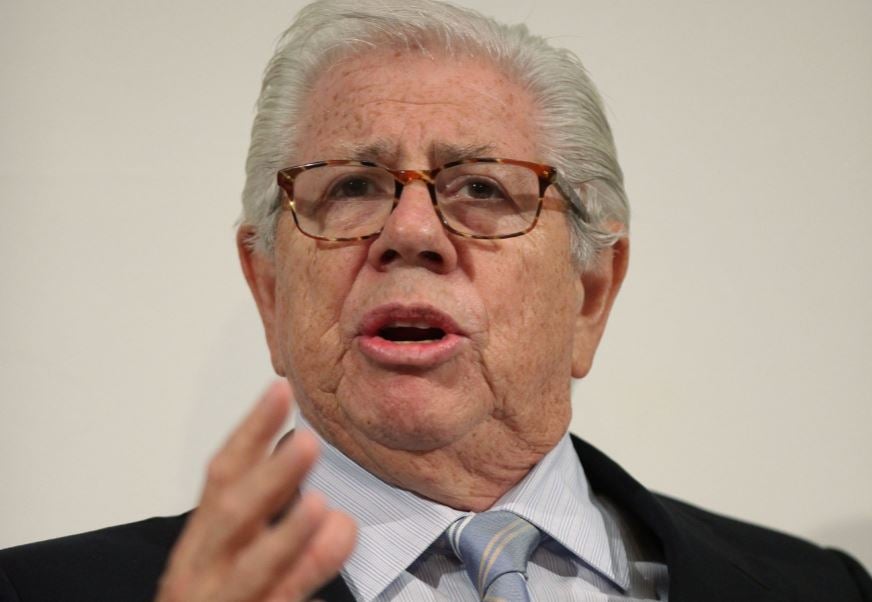
Wikileaks has been “reckless” by releasing classified information without trying to protect intelligence officials, according to one of the reporters who broke the Watergate scandal.
Carl Bernstein said the whistleblowing organisation, which has released millions of confidential documents including military operation records, had “done some very useful things” but also acted in a “careless” way.
The former Washington Post reporter, who helped expose the political scandal that led to the resignation of President Richard Nixon, also insisted that the best journalism was achieved by “talking to people” and not through social media.
He told the Press Association: “I think that today, too many people are not interested in the best attainable version of the truth. They’re really interested in information that will buttress what they already believe. Ammunition for their political beliefs that they already hold.
“We have two problems at once. We don’t have enough institutions that are spending enough money on great reporting. And we don’t have enough people that are willing to be open to information that might be contrary to their preconceived notions of what’s going on.”
“I think Wikileaks has done some very useful things,” he added. “I also think they’ve been reckless at times by putting information out without trying to protect individuals who work in intelligence.
“By and large I think the more information that gets out there, the better. But I do think Wikileaks has, at times, been careless.”
Bernstein was speaking at a Hollywood screening of All The President’s Men, the Oscar-winning film based on his work with fellow Washington Post reporter Bob Woodward to expose the Watergate scandal.
The 72-year-old, who was portrayed by Dustin Hoffman in the 1976 thriller, highlighted the work of the Guardian newspaper in exposing the phone hacking scandal and the Boston Globe’s investigation into child abuse by numerous Catholic priests as examples of “real reporting”.
He said: “Real reporting is not easy. Real reporting, which is about the best attainable version of the truth, (is) what you see in Spotlight, it’s about knocking on doors. It’s about what you see the Guardian did in covering Murdoch in terms of hacking.
“It’s about talking to a lot of people, getting sources. Nothing’s easy about it but it’s not glamorous.
“There’s a lot of great reporting being done and the great reporting is being done is by using the old techniques of talking to people.
“You can go online and you can use Google to get some information that you once got at the public library but you’re not going to get the story on Google, you’re not going to get it on Twitter.
“We did it by talking to people.”
Email pged@pressgazette.co.uk to point out mistakes, provide story tips or send in a letter for publication on our "Letters Page" blog
